A sample of recent journalism projects from our partners includes:
A sample of recent journalism projects from our partners includes:

Associate Professor Kate Ervine with a short doc for Scientific American exploring how climate action is stopped by carbon dependence. Co-produced by Duy Linh Tu with support from the Hidden Costs Academic-Journalism Collaboration Grant. Collaborators: Kate Ervine, Duy Linh Tu
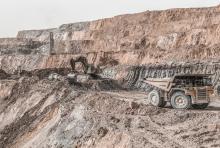
CBC's Chris Arsenault and UBC researcher Philippe Le Billon break down an internal study commissioned by Canada's Department of National Defence, and examine the geopolitics and environmental concerns that accompany skyrocketing demand for copper, lithium, and other metals. Collaborator:…
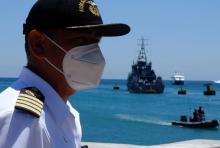
CBC's Chris Arsenault and UBC researcher Philippe Le Billon teamed up to investigate how Ecuador is combating illegal fishing in their biodiverse waters. This story is a result of the Hidden Costs Academic-Journalism Collaboration Grant. Collaborator: Philippe Le Billon
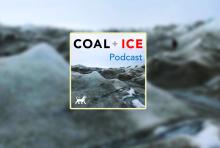
Global conversations on how climate change is playing out around the world and what's being done to bend the curve. With host Mary Kay Magistad, a former NPR and PRI China correspondent, now associate director for U.S. Programs at the Center on U.S.-China Relations. Collaborator: Mary Kay…
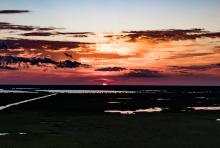
A story and short documentary about a new engineering project that would bring much needed land to eroding marshes—at a huge cost to the fishing industry. Published by Scientific American. Collaborator: Duy Linh Tu
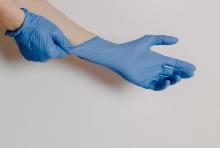
Enforcement of workers’ rights in global value chains has been a long time coming, writes Gavin Fridell — Canada Research Chair and Professor in International Development Studies at Saint Mary’s University. Published in The Monitor, from the Canadian Centre for Policy Alternatives. Collaborator:…
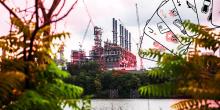
Our world is flooded with cheap subsidized plastic. How did we get here? Part II of an investigation with NBC News. This story received an Honourable Mention for the 2022 Digital Publishing Award: Best Science & Technology Storytelling. Collaborators: NBC News, Peter Klein and Jane…
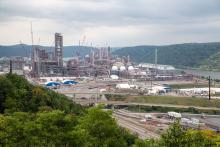
Will a new plastics complex prove a boon for a struggling region, or an echo of a toxic past making a product now falling from favor? Part I of an investigation with NBC News. Collaborators: NBC News, Peter Klein and Jane Lister (UBC)
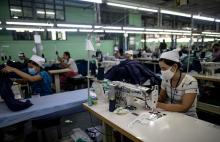
The COVID-19 pandemic triggered unprecedented levels of poverty, indebtedness and exploitative conditions in the garment industry, according to the findings of a joint Toronto Star/Global Reporting Centre investigation in collaboration with researchers from the University of Sheffield. …
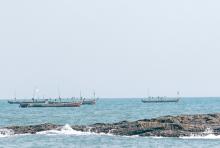
An op-ed on the urgency of saving Ghana's water and forests from the impacts of illegal mining. Published in News Ghana. Collaborator: Kwabena Adu Koranteng
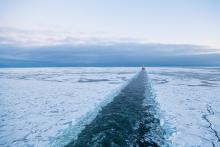
Join the Global Reporting Centre for a new podcast that explores how China’s calculated bet on its new global trading infrastructure—its Silk Road for the modern era—may take it to the top. Reported from five continents, this series uncovers the effects of the most sweeping…
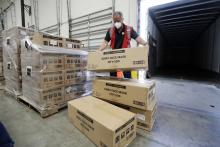
The coronavirus has exposed deadly weaknesses in global medical supply chains. Why was the U.S. left scrambling for PPE and other critical medical supplies — and why do problems persist now, months into the crisis? For the past seven months, our team has been interviewing manufacturers and…
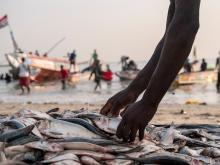
Twenty-five percent of fish caught in the ocean don’t land on our plates. They’re churned into fishmeal, which is used to feed farmed fish. But what are the true costs of this process? This project is a partnership between NBC News and the Global Reporting Program.
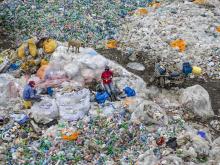
We have reached an unprecedented moment in planetary history. Humans now affect the Earth and its processes more than all other natural forces combined. The Anthropocene Project is a multidisciplinary body of work combining fine art photography, film, virtual reality, augmented reality, and…
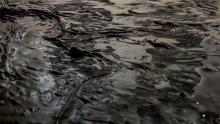
Trading Routes: Grease Trails, Oil Futures is a publicly-engaged, trans-disciplinary art and research project undertaken in the midst of a liminal moment in Canadian history. In the pursuit of the nation’s place among world energy superpowers, debates have emerged about the benefits and…
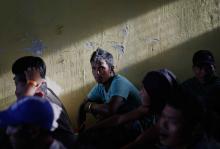
An AP investigation helps free slaves in the 21st century Over the course of 18 months, Associated Press journalists located men held in cages, tracked ships and stalked refrigerated trucks to expose the abusive practices of the fishing industry in Southeast Asia. The reporters’ dogged effort led to the release of more than 2,000 slaves and traced the seafood they caught to supermarkets and pet food providers across the U.S. For this investigation, AP has won the 2016 Pulitzer Prize for Public Service. The articles are presented here in their entirety.
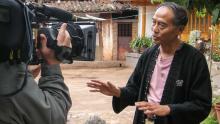
The Global Environmental Justice Documentaries project is an interdisciplinary collection of stories about the combined environmental and social impacts of globalization, industrial development, colonization and climate change. The collection, available to colleges and universities online, was launched in April 2019 with a focus on under-reported stories from Asia and North America. Seven of the documentaries explore the hidden cost of supply chains.

Samsung workers in South Korea fighting for acknowledgement their illnesses and cancers were caused by the chemicals they worked with. After a decade of fighting Samsung - including 3 years protesting on the sidewalk - the company agreed to a compensation plan and a promise to improve the workplace environment.